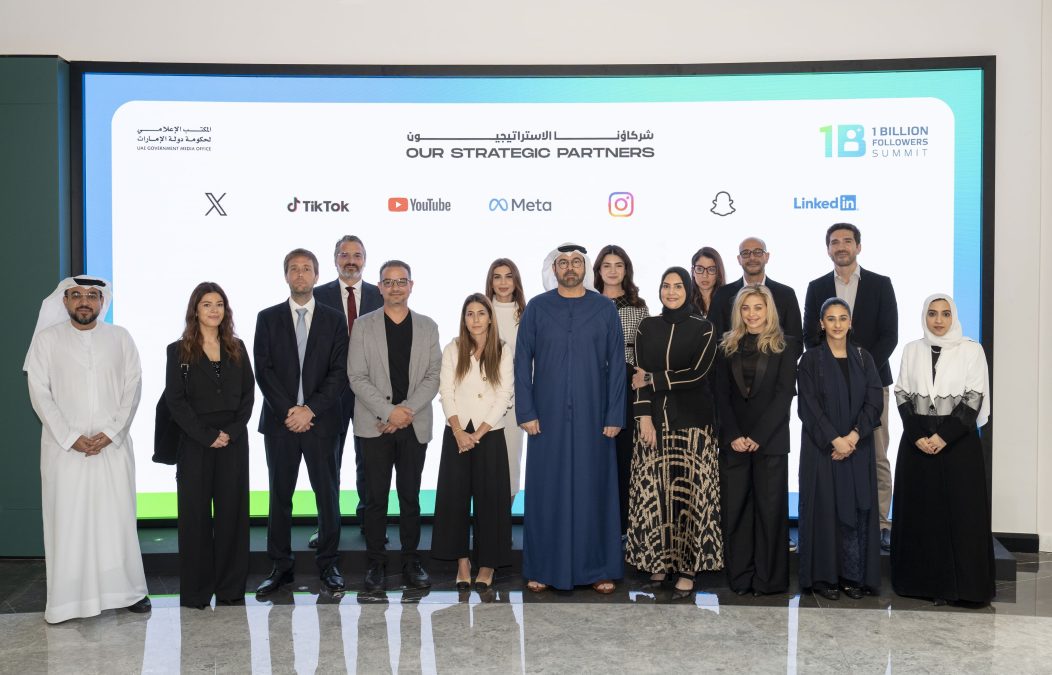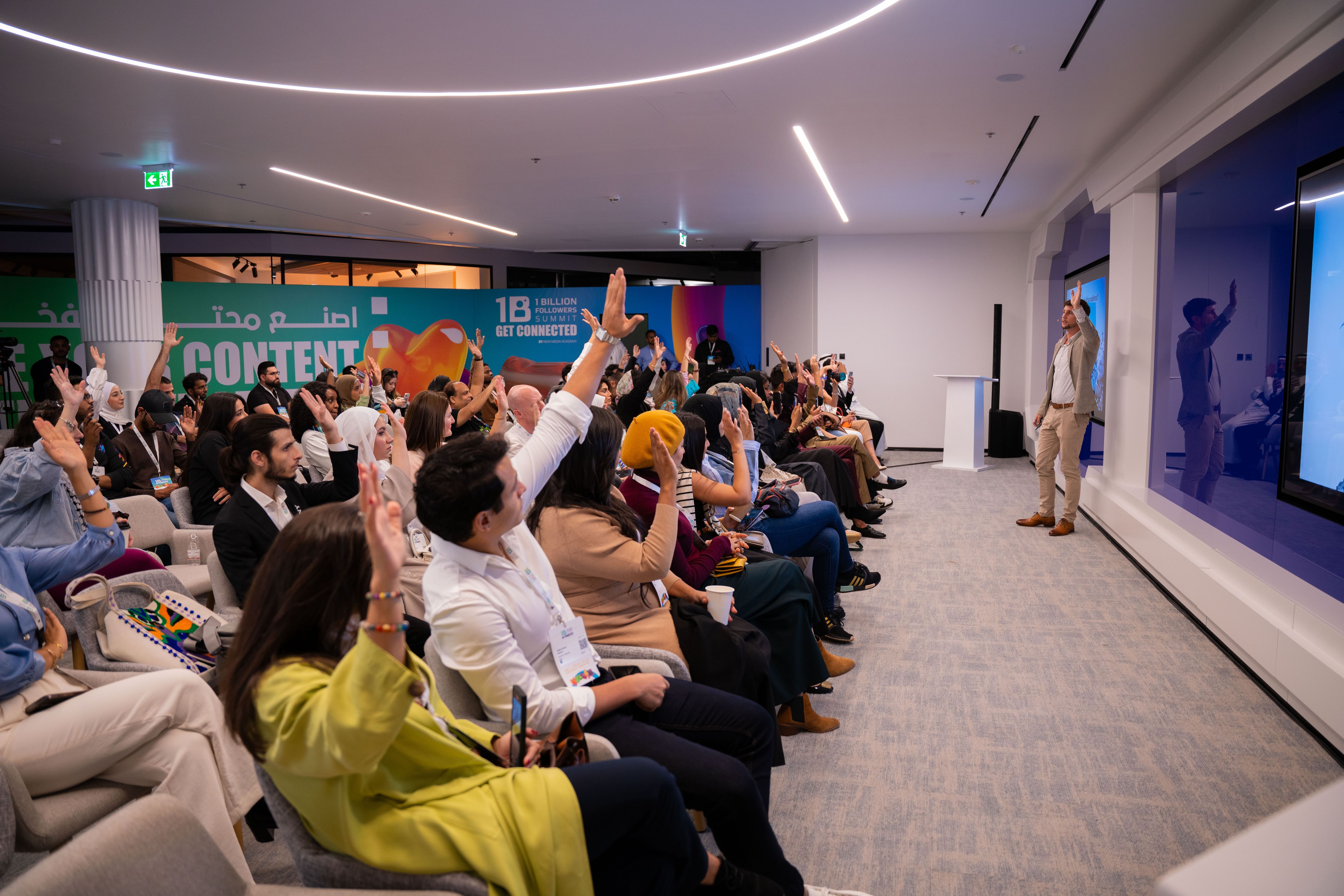Dubai, UAE – In a high-stakes race to become the global hub for the creator economy, Dubai and Doha are pulling out all the stops. With billions of dollars at stake and the future of digital content creation hanging in the balance, these two Middle Eastern powerhouses are locked in an intense competition that’s reshaping the region’s economic landscape.
Dubai Takes the Lead
With the establishment of Qatar Media City, Doha aims to bring media and digital companies to Qatar. The efforts are led by Jassim al Khori, with a clear ambition to make Doha a “regional leader in the media industry and a hub for talent and innovation,” as well as a “collaborative space for media, content creators, entrepreneurs, and innovators.”
On its part Dubai has launched an aggressive campaign to position itself as the world’s leading destination for the creator economy. The emirate is leveraging its world-class infrastructure, business-friendly regulatory environment, and strategic location to attract digital content creators and platforms from around the globe.

“We’re not just building a hub; we’re creating an ecosystem that will define the future of content creation,” said Sheikh Mohammed bin Rashid Al Maktoum, Ruler of Dubai, at the launch of the Dubai Creative Economy Strategy.
Aiming to shift the creators from Los Angeles to Dubai, the initiative under the Dubai government is led by Visioneers, headed by Alia Alhammadi. Visioneers was specially founded in 2019 to address challenges in the creator economy, organizing events, setting up creator production facilities, and offering incentives.
Key Initiatives Driving Dubai’s Push
The 1 Billion Followers Summit, the largest creator economy event globally, is Dubai’s crown jewel in its creator strategy in 2025 to bring together over 20,000 visitors, content creators, influencers, and 500+ speakers.

Dubai is also developing dedicated content creation zones and state-of-the-art studios, providing creators with cutting-edge facilities. Creators can capitalize on the tech and business infrastructure Dubai offers, with specialized visas for content creators and digital nomads making it easier for global talent to relocate to the city.
The Visioneers is also working on government-backed funds and accelerator programs, specifically targeting creator economy startups, with some sources estimating investments of up to $500 million by 2025.
Doha Counters with Cultural Focus and Sports Appeal
Not to be outdone, Doha is carving out its own niche in the creator economy landscape, leveraging Qatar’s cultural heritage and sporting prowess.
“We’re building on our success from the 2022 World Cup to create a unique ecosystem for creators that blends tradition with innovation,” said Sheikh Tamim bin Hamad Al Thani, Emir of Qatar, at the Qatar Economic Forum 2025.
Doha’s Strategic Moves
Doha remains a formidable contender, capable of challenging the advance Dubai made with the establishment of Dubai Media City in the late 90s and the various economic zones that sprung around the city.
Over the years, Doha has demonstrated its ability to corner markets, particularly in sports and entertainment. Qatar is doubling down on its reputation as a sports destination, aiming to attract creators in the lucrative sports content niche.
Meanwhile, a massive push on the art and culture managed by Sheikha Mayassa al Thani is underway with heavy investment in cultural initiatives aimed at positioning Doha as the go-to place for creators focused on Arab heritage and arts.
Further Doha has muscle that it can flex at will. Qatar’s sovereign wealth fund is reportedly setting aside $1 billion for creator economy investments over the next five years.
Content Regulations
Content regulations in Dubai are relatively liberal, making the city an attractive destination for a diverse range of creators, including those producing innovative, or culturally varied content. This openness allows creators to explore topics and formats that appeal to global and regional audiences alike, fostering creativity and inclusivity.
In contrast, Doha’s regulations are more conservative. This approach appeals to creators focused on specific segments.
While both cities provide opportunities for creators, the contrasting regulatory environments cater to distinct creative niches.
Empowering Content Creators
With a global shift taking place from legacy social media to a new system that allows creators to monetize their content, the space is wide open for innovation and new entrants. In the US, companies like Substack are quickly establishing themselves as strong contenders by offering unique opportunities for writers and creators to build independent businesses. Similarly, in the MENA region, Million is emerging as the clear leader, providing creators with a tailored platform that helps them connect with audiences and generate revenue through innovative monetization strategies, positioning itself as a key player in the region’s content creation ecosystem.
Who Will Win?
As we look towards 2026 and beyond, the battle for creator economy supremacy in the Middle East shows no signs of slowing down. Dubai’s comprehensive strategy and existing business ecosystem give it a significant edge, but Doha’s focused approach and deep pockets shouldn’t be underestimated.
“The competition between Dubai and Doha is pushing both cities to innovate at an unprecedented pace,” says Sarah Al-Amiri, UAE Minister of State for Advanced Technology. “Ultimately, creators and the global digital economy will be the real winners.”
With the global creator economy projected to reach $480 billion by 2027, the stakes couldn’t be higher. As Dubai and Doha continue to vie for the title of creator economy capital, one thing is clear: the Middle East is poised to play a pivotal role in shaping the future of digital content creation.









